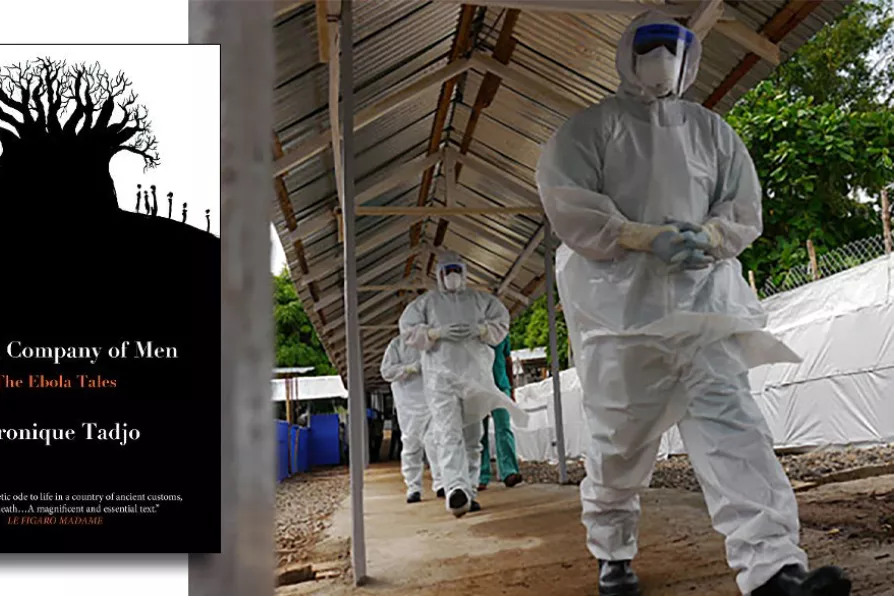JOHN GREEN, MARIA DUARTE and ANGUS REID review Fukushima: A Nuclear Nightmare, Man on the Run, If I Had Legs I’d Kick You, and Cold Storage

 SELFLESS: Cuba sent more than 200 medics to Liberia, Sierra Leone and Guinea in 2014 during the Ebola crisis
SELFLESS: Cuba sent more than 200 medics to Liberia, Sierra Leone and Guinea in 2014 during the Ebola crisis
IN THE second year of the Covid-19 pandemic this book by Veronique Tadjo, translated in collaboration with John Cullen, has extraordinary resonance and some of its descriptive sequences epitomise the impact of neoliberal globalisation on new pathogens.
Uncontrolled, and with no regard for the environment and nature, they have emerged due to relentless expansion of capitalist production and industrialisation in all parts of the globe.
Fossil fuel mining, mineral exploration and timber logging, along with industrial plantation farming and sprawling urbanisation have brought pathogens, which for thousands of years have existed in wildlife such as bats and other remotely domiciled animals, into contact with farm animals and then with humans through wildlife food markets and farming.

MARJORIE MAYO recommends a disturbing book that seeks to recover traces of the past that have been erased by Israeli colonialism

Heart Lamp by the Indian writer Banu Mushtaq and winner of the 2025 International Booker prize is a powerful collection of stories inspired by the real suffering of women, writes HELEN VASSALLO











